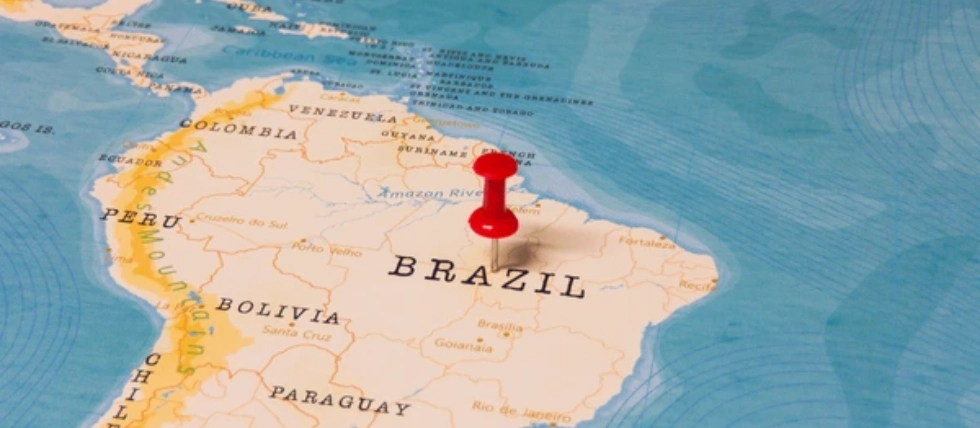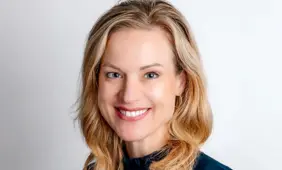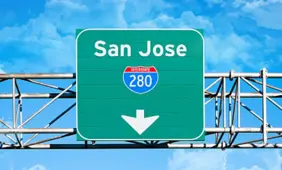Brazil Tightens Self-Exclusion Rules with New National Verification System
Brazil has formalised a national self-exclusion regime that forces operators to check a central database before allowing play.

The Ministry of Finance and the Secretariat of Prizes and Bets (SPA) on 10 November unveiled detailed regulations for the country’s national self‑exclusion platform, SIGAP, giving regulators and operators a clear timetable to protect vulnerable players. Under the ordinance, licensed gambling companies must query SIGAP at account registration and again at the first login each day. Firms are also required to run a SIGAP verification every 15 days thereafter.
If SIGAP shows a player is self‑excluded from gambling, operators must block access immediately and close any associated accounts within three days. Ongoing wagers placed by flagged players must be voided and stakes returned. The rules also institute a two‑tier self‑exclusion choice for bettors: an operator‑specific ban or a universal block that covers all regulated betting and gaming providers in Brazil.
Operators are prohibited from sending marketing or promotional material to any person flagged in SIGAP. In addition to the daily and biweekly checks, regulated companies must have all active player accounts reconciled with SIGAP within 30 days and provide customers with personal spending and session‑time limits within 90 days.
Industry Response, Enforcement and Wider Reform
SPA head Regis Dudena said the measures represent a decisive move toward safer gambling. "This is a step forward that puts Brazil at the forefront of global efforts to safeguard our citizens", Dudena said. "By centralising self‑exclusion and requiring routine checks, we make it far harder for vulnerable players to slip through gaps between operators. These rules balance player autonomy with clear operational duties and sanctions for non‑compliance."
The regulations follow earlier reforms this year aimed at tightening controls on who can place bets. In a separate measure, authorities barred recipients of social welfare benefits from participating in fixed‑odds betting and required operators to cross‑check registrants against a social‑benefits database. Together, these changes reflect a broader government push to build a regulated, transparent online betting market that prioritises consumer protection.
Industry stakeholders have given a cautious welcome but warned of short timelines and technical complexity. "Central verification systems can materially improve player protection, but their success depends on reliable data feeds and clear auditing mechanisms", said Dr. Carla Mendes, associate professor of public policy at the University of São Paulo. "Regulators must publish implementation standards and ensure independent oversight so operators are not left navigating conflicting technical requirements."
Operators who fail to comply face administrative penalties, though the regulation left room for SPA to specify fines and enforcement procedures in follow‑up guidance. Regulatory cooperation with advertising watchdogs has also been signalled, with the SPA indicating it will work with other agencies to clamp down on gambling marketing aimed at vulnerable groups.
Comparatively, SIGAP’s design mirrors self‑exclusion frameworks seen in markets such as Great Britain’s GAMSTOP and several Nordic registries – centralised systems that link multiple operators to a single opt‑out mechanism. However, Brazil’s two‑tier option – allowing either operator‑only or nationwide exclusion – gives consumers finer control than some international counterparts, which typically force a single, nationwide opt‑out.
Implementation will be the critical test: operators must integrate SIGAP checks into account lifecycles while ensuring uptime, privacy safeguards and effective customer support for appeals or errors. The SPA will also need to demonstrate that cross‑checks against social‑welfare databases are accurate and do not unfairly block eligible users.
More Responsible Gambling
 Responsible Gambling
Responsible Gambling
Florida Gaming Control Commission Promotes Playwise During Problem Gambling Awareness Month
Feb 27, 2026 Responsible Gambling
Responsible Gambling
Finland Publishes 2-4-2 Gambling Harm Framework Before 2027 Market Opening
Feb 18, 2026Additional Notice on Compliance and Oversight
Clear timelines in the ordinance aim to limit transitional risk: 30 days to reconcile active accounts with SIGAP and 90 days to deploy personal spending and time limits. Observers say those windows are tight given the number of international operators entering Brazil's newly regulated market and the scale of technical work needed to connect to a central registry. Close monitoring by consumer groups and independent auditors will be essential to ensure the system protects players without disrupting legitimate business operations.
RELATED TOPICS: Responsible Gambling
Most Read
Must Read
 Interviews
Interviews
Exclusive Interview: Levon Nikoghosyan Shares AffPapa Winning Formula for Successful iGaming Events
Dec 03, 2025 Interviews
Interviews






Review this New Post
Leave a Comment
User Comments
Comments for Brazil Tightens Self-Exclusion Rules with New National Verification System